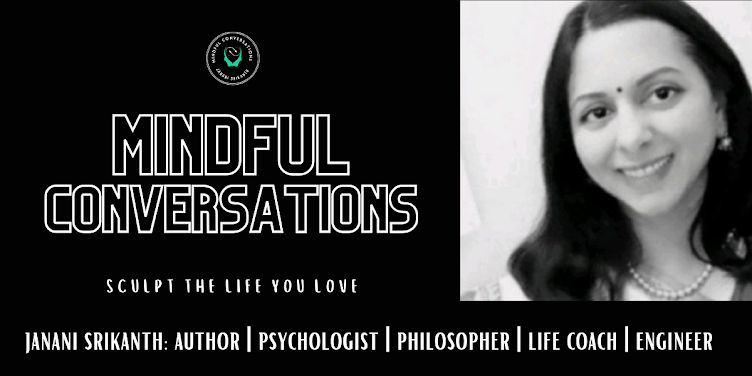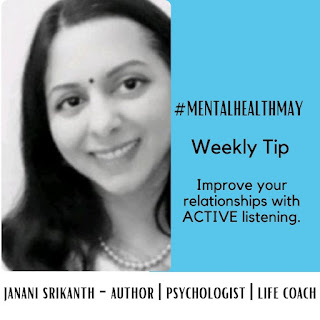In the final week of #MentalHealthMay, I would like to talk about Mindfulness. This is a very important topic and is tied to everyday life as well as our personality.
Thich Nhat Hanh, the renowned Zen master and mindfulness expert, observes, "Mindfulness is the energy that helps us recognize the conditions of happiness that are already present in our lives."
It is as simple as it sounds. Mindfulness is just about being in the here and now without distractions or judgments. It is a state of intense focus that allows us to experience life fully and connect with the world on a deeper level.
Mindfulness is not merely an isolated activity that involves meditation or breathing techniques alone. It is a way of life. It is about bringing awareness, presence, and intentionality to every aspect of our lives, from the mundane to the extraordinary.
Whether we're eating a meal, engaging in conversation, or simply walking down the street, mindfulness invites us to fully immerse ourselves in the present moment with openness and curiosity.
When you start practicing mindfulness, remember to be kind to yourself.
It is common to have distractions. Do not be too hard on yourself or give up.
The key is to pause, breathe, and reconnect with the present moment. In the hustle and bustle of daily life, it's easy to get swept away by worries, to-do lists, and distractions. However, by gently guiding our attention back to the here and now, we can find refuge from the chaos and discover moments of peace and clarity amidst the noise.
A simple technique to get started with mindfulness is ‘breath counting.’
This involves focusing on the breath and counting each inhalation and exhalation. By directing our attention to the rhythmic flow of the breath, we anchor ourselves in the present moment and quiet the mind. The act of counting helps concentrate, allowing us to gently acknowledge and release distracting thoughts without judgment. This also reduces stress by tapping into the body's natural calming response.
Mindfulness is easy to practice, and the key is simply to make a start.
The core principle is gently directing focus to the present moment without judgment. Any method that accomplishes this is a mindfulness technique – it could be found in music, cleaning, drawing, cooking, or observing nature. Simply being present in each activity fosters mindfulness.
Here’s wishing you all a mindful life defined by clarity and calmness.
#PositiveThinking #Happiness #Mindfulness #HereAndNow #MindfulConversations #JananiSrikanth





